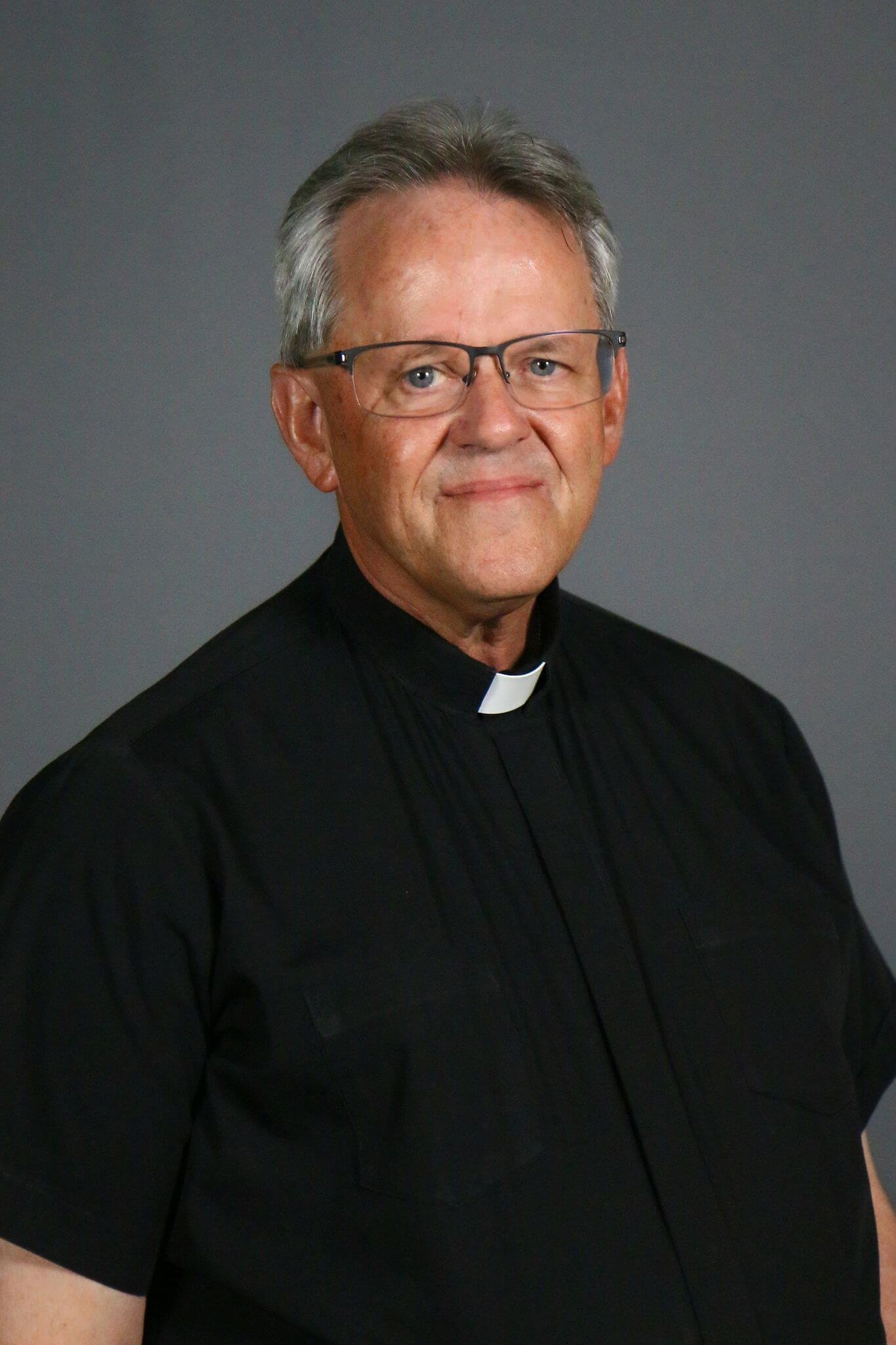Thanks to being “woke,” our culture seems to have taken the offensive against being offended! In the name of justice, movements seek to “cancel” a host of historical wrongs.
The Church, too, supports a canceling movement, but with a different procedure in mind. It’s called Confession (a.k.a., Penance, Reconciliation). Centuries ago, St. Francis de Sales penned a commentary (“Advice to Confessors”) that awakens us to the power of this sacramental practice.
Confession does seek to eradicate remnants of social wrongs. Admitting to sins – “in what I have done and what I have failed to do” – shines an uncomfortable light on anyone’s past.
But as a sacrament, and not merely an exercise of cultural recrimination, Confession is not about the past. It focuses on the present experience of divine grace that renders the penitent worthier than before. As Francis reminds us, “confession and penance render a man infinitely more honorable than sin renders him blamable.”
Sadly, many people have experienced more blame than honor. Far too many are the stories of priests chiding penitents harshly for the faults that have burdened them, or of questioning them so extensively as to make confession more like an inquisition.
Cancel culture may come with outrage, but Confession never should.
That’s why the saintly Bishop advises the priests of his diocese to “remember that at the beginning of their confessions the poor penitents call you ‘Father,’ and that you must indeed have a fatherly heart toward them.” He also reminds all of us that confessors, “being sinners themselves are obliged to be humble, meek, and to lower themselves with the penitents by a gentle condescension.”
Still, confessing one’s sins can be an uncomfortable, even shameful, experience. Wokeness excites that emotion to rage against wrong. But for people going to Confession, that feeling usually makes them apprehensive.
The gentleman saint counters any hesitancy with the assurance that “the greater our misery, the more is the mercy of God glorified.” Consider, he says, the great saints who were also great sinners (e.g., St. Peter or St. Mary Magdalene). Recall, too, the words of Jesus who “prayed to His Father for those who crucified Him, to let us know that even if we were to crucify Him with our own hands, He would willingly pardon us.”
That Christocentric faith leads Francis to conclude that “we can do no greater wrong to the goodness of God and to the Passion and Death of our Lord than to have a lack of confidence of obtaining pardon for our iniquities.”
During Lent we journey toward that Paschal Mystery by which our Lord has redeemed the whole world, bringing sinners – including us – to salvation. We best prepare for this by confidently entrusting ourselves to the mercy of God, communicated to us uniquely and experientially in this sacrament.
To ask forgiveness in Confession is to join and benefit from a sacred movement, one that through grace will bring not the cancellation of history but a reconciliation with it.
Fr. Thomas Dailey, OSFS
The John Cardinal Foley Chair of Homiletics & Social Communications
Saint Charles Borromeo Seminary





